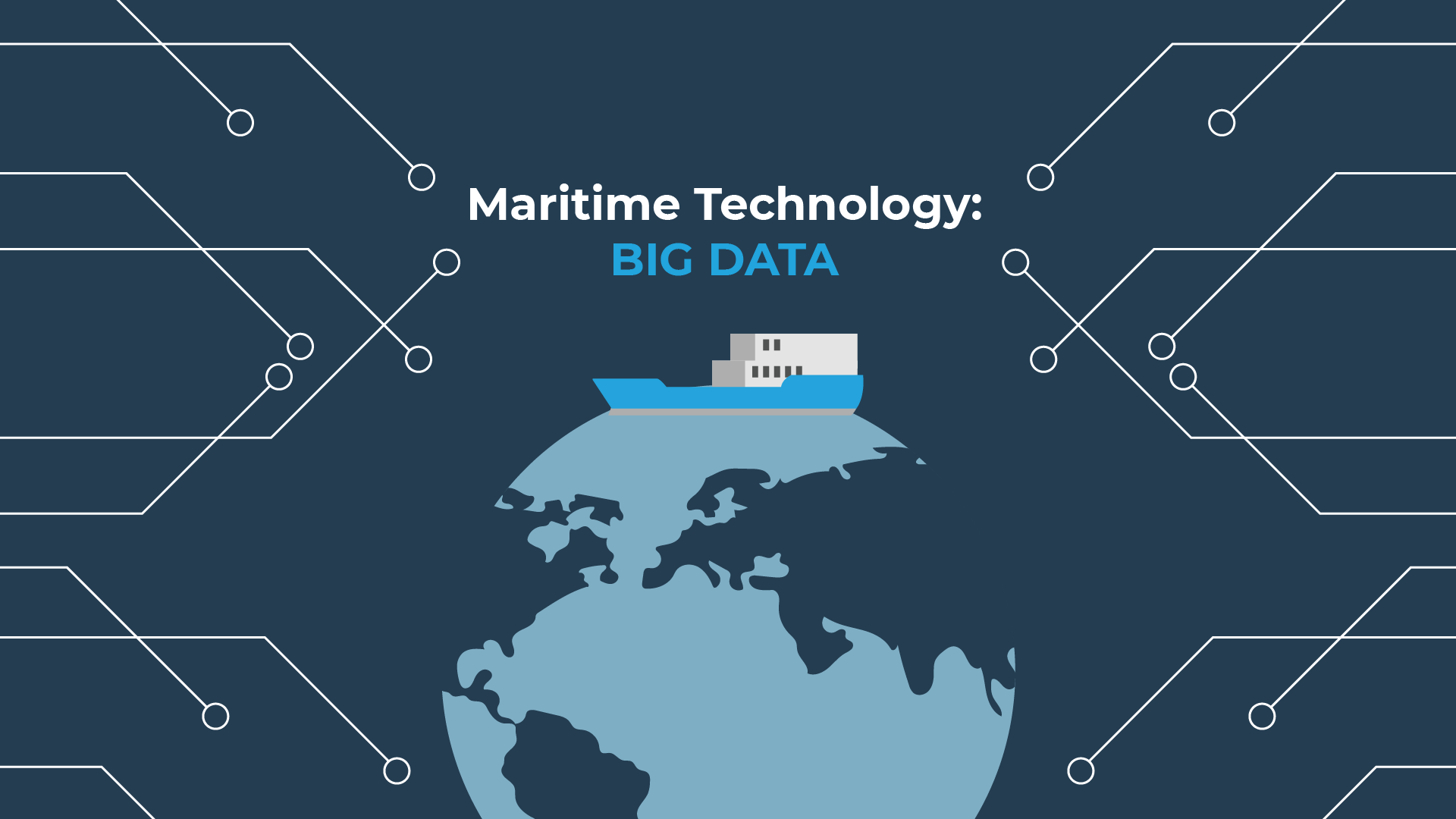Big data analytics is the process of examining large and complex datasets to uncover hidden patterns, correlations, and other insights. It involves using specialized software and algorithms to analyze and interpret large amounts of data, often in real-time. Big data has revolutionized many industries, and the maritime sector is no exception.
In the past, and even now, shipping companies have relied on traditional methods for gathering and analyzing data, such as manual record-keeping and simple spreadsheets. Considering the enormous amount of data produced by the industry (50 terabytes of data per vessel per year, according to a report by the International Association of Classification Societies), traditional methods are becoming more and more obsolete and inefficient. Without change, this inefficiency will inevitably lead to more costs, errors, and missed opportunities.
With the advent of big data technologies, shipping companies can now access and analyze vast amounts of data in real-time, enabling them to make more informed decisions and improve operations.
What can big data solutions do to improve the maritime industry?
1. Route and fuel optimization
One of the main benefits of big data in the maritime sector is the ability to optimize vessel routes and reduce fuel consumption. Shipping is a major contributor to global greenhouse gas emissions, and reducing fuel consumption can help reduce the environmental impact of the industry. By analyzing real-time data on weather patterns, vessel performance, and cargo demand, shipping companies can choose the most efficient routes and optimize vessel speed to reduce fuel consumption and cut costs.
This benefit is particularly important for maritime businesses at the moment, considering the increasing concerns over environmental impact. Starting from 2023, regulations will become tighter, and shipping companies will need to be strategically prepared.
2. Safety improvement and predictive capability
Big data can also be used to improve safety in the maritime industry. Shipping is a high-risk industry, and accidents can have serious consequences. By analyzing data on vessel performance, maintenance records, and crew behavior, shipping companies can identify and address potential safety risks before they lead to accidents. Beyond improving safety, the predictive capability that big data solutions can bring is also very important in decision support. With a comprehensive view of all happenings, decisions will be made with accurate contextual information as opposed to gut feelings.
3. Customer service improvement
In addition to optimizing routes and improving safety, big data can also be used to improve customer service in the maritime sector. By analyzing data on cargo demand and customer preferences, shipping companies can offer more personalized services and improve the overall customer experience.
4. Port call optimization
Another use of big data in the maritime sector is the optimization of port operations. Ports are a critical part of the global supply chain, and efficient operations can help reduce costs and improve efficiency. By analyzing data on vessel arrivals, cargo movements, and infrastructure utilization, ports can optimize their operations and improve their competitiveness.
What are the challenges of implementing big data in the maritime industry?
1. Data quality
Ensuring the quality and accuracy of the data being analyzed is critical for reliable insights and decision-making. In the maritime industry, data may be generated from a variety of sources, including vessel sensors, cargo tracking systems, and manual record-keeping. Ensuring the consistency and integrity of this data can be a huge challenge. At the moment, low data availability and low level of digitalization still present difficulty for the implementation of big data and other technological initiatives.
2. Data integration
Shipping companies often have multiple systems and databases that generate and store data. Integrating this data and making it available for analysis can be a complex and time-consuming process. This is why standardization of processes is also an important aspect in the effort to implement big data analysis.
3. Data security
The maritime industry handles sensitive information, such as vessel and cargo tracking data, and ensuring the security of this data is essential. Implementing big data systems and analytics can introduce new security risks, and shipping companies must have robust security measures in place to protect against these threats. Cyber security is becoming a greater concern as the level of digitalization increases, and obsolete methods of obtaining and storing data will need to be updated to guard against potential dangers.
4. Skill gaps
Many shipping companies may not have the necessary skills and expertise to implement and effectively use big data analytics. Training and upskilling of staff may be required to ensure the successful adoption and use of big data technologies.
5. Cost
Implementing big data systems and analytics can be costly, and shipping companies may be hesitant to invest in these technologies if they are not convinced of the potential benefits.
Despite these challenges, the use of big data in the maritime industry is expected to continue growing, as shipping companies and other stakeholders seek to improve efficiency, reduce costs, and enhance the customer experience. As the industry evolves and demands soar, it is crucial that maritime businesses start taking advantage of technological solutions that can support them and weather any challenges that these changes might bring.
As a firm believer in the power of technology and digital transformation, Teqplay also does our best in supporting big data solutions. With quality data, autonomous processes, and the ability to compare various reports, we help reduce both costs and time-consuming tasks for maritime businesses. Teqplay aims to be the place where you can start your maritime digital transformation journey.

Léon Gommans | CEO/Co Founder of Teqplay
A serial entrepreneur who’s passionate about #innovation, #technology, #collaboration, and of course, #maritime. The mission is: to connect the dots & to get it to work, together with the industry!
- +31 (0)6 55306660
- leon@teqplay.com
- Léon Gommans




